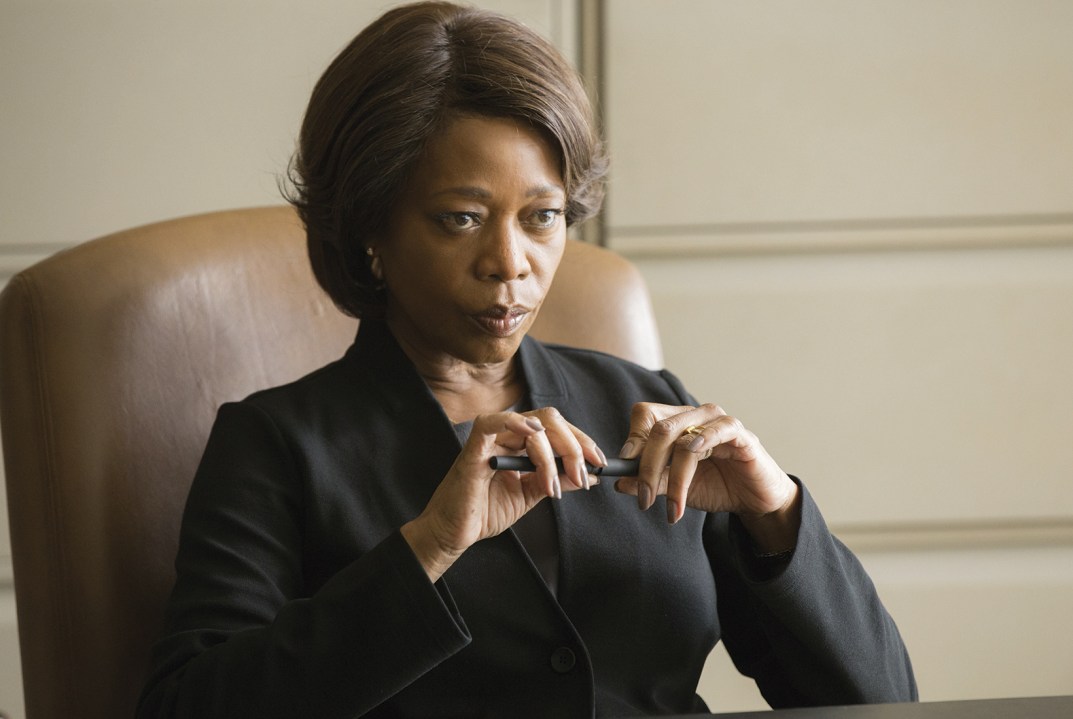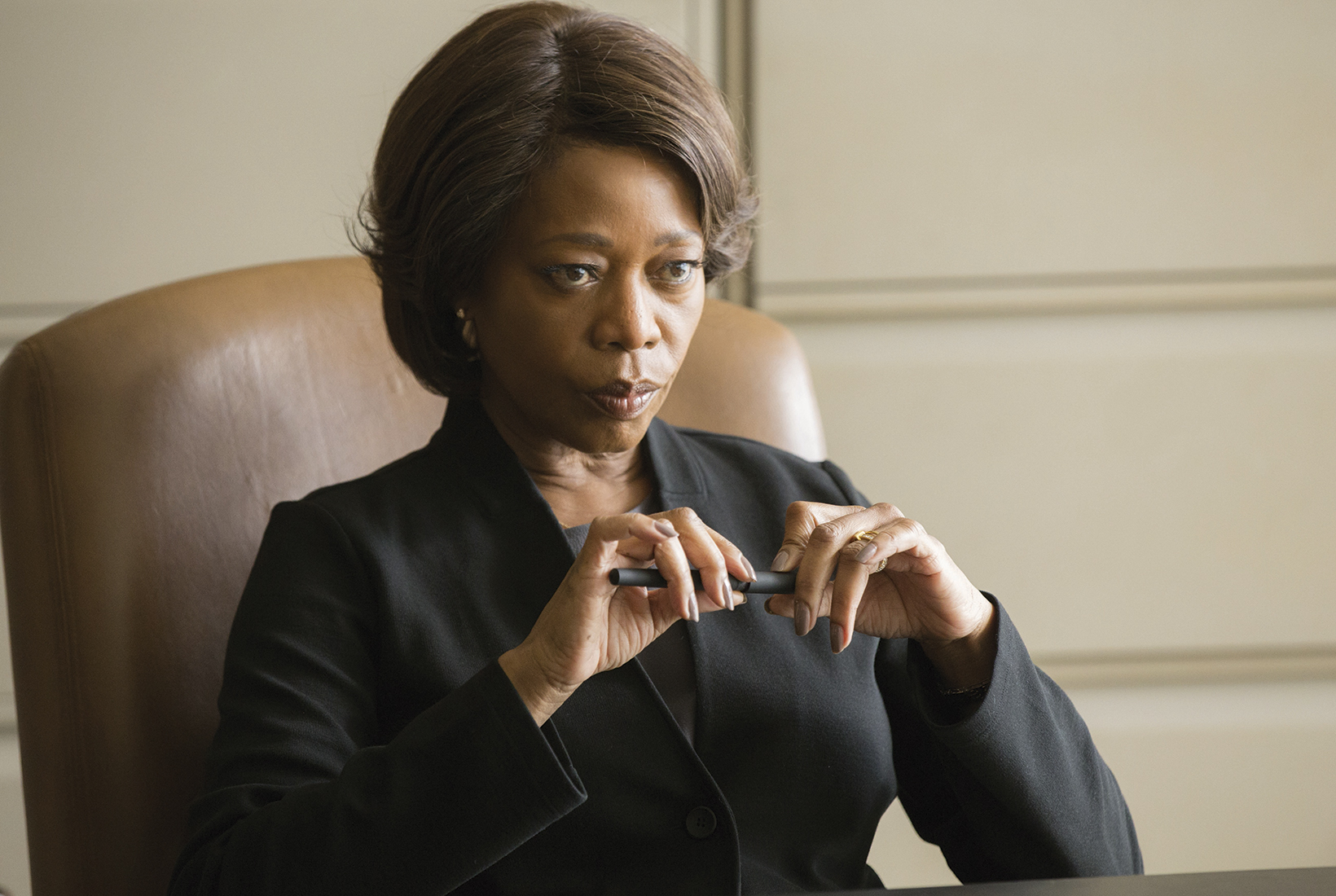Clemency stars Alfre Woodard as a prison warden on death row whose job is beginning to take its toll, and if you think it sounds like a tough watch, you’d be right. But it is also a masterwork, won the Grand Jury prize at Sundance, and doesn’t at any juncture call on the uplifting, healing power of cake — see: Love Sarah — so it has that going for it too.
This film held me so fast I was outbid on eBay on a vintage sideboard I’d had my eyes on for ages
It’s yet another film that you’ll have to stream digitally. (July was meant to be the month new films began opening in cinemas but at the moment it feels as though we’re waiting to see which of the major film companies will blink first and take the risk.) However, all this watching from home does allow for a new rating system. Forget awarding stars; it’s how often you sigh, hit ‘pause’, then open another tab to bid for some tat on eBay or check out a recipe you’ll probably never make. (I have never not made so many recipes as during lockdown.) In this way, a 90-minute film can take several hours. But Clemency not only held me fast — it’s a zero-pause film — I was even outbid on a vintage sideboard I’d had my eye on for ages, goddammit.
The film is written and directed by Chinonye Chukwu, a Nigerian-American and the first black woman to win the Grand Jury prize. It opens with our protagonist, Bernadine (Woodard), preparing for an execution. (I think ‘prison warden’ would translate as ‘prison governor’ over here.) She is meticulously professional and ordered and calm and unreadable. As we’ll see later, she is the one who has to explain matter-of-factly to a condemned man how it’ll work — ‘the last drug is potassium chloride, which will cease your heart function’ — and ask questions such as: ‘Do you have any family members who would like to claim your body?’ It’s not the job for everyone. But she has always successfully kept her emotions at bay. Until this execution, her 12th, which is horrifically botched. It is tough to watch. Very. But what’s key here isn’t how disturbing it is for us, but how disturbing it is for her. And her mental equilibrium. Can you take pride in this kind of work? Should you?
This is an indictment of state-sanctioned killings, but mostly it’s a character study. What price repressing all your humanity to keep it together? Bernadine suffers from nightmares. She resorts to alcohol the moment she’s off duty. Her loving, worried husband (Wendell Pierce) keeps imploring her to retire and tells her she’s an ‘empty shell’. ‘I am alone and nobody can fix it,’ she says. But all this builds up slowly and subtly in a film that is muted and almost airless, with sparse dialogue and barely a soundtrack, just the occasional mournful cello. Everything echoes the soullessness of the system. Bernadine appears as doomed and imprisoned as any of the inmates. Meanwhile, she gets on with this job that wouldn’t be for everyone, and may not be the one for her any more. She has to deal with Anthony (Aldis Hodge), the death-row inmate who has just lost his appeal and is waiting to hear if the governor might grant him clemency, and his former girlfriend (Danielle Brooks), and his lawyer (Richard Schiff), an anti-death row activist, who is worn out too.
The acting all round is terrific, but Woodard is truly formidable. She doesn’t play Bernadine so much as inhabit her. Even when Bernadine is at her most closed, the way Woodard casts a look, or allows her shoulders to slope, tells us everything we need to know about what is happening deep down. And it ends on a three-minute close-up that is so riveting it’s probably why I lost out on that sideboard, goddammit. So there are downsides to zero-pause movies but still: no cake.







Comments